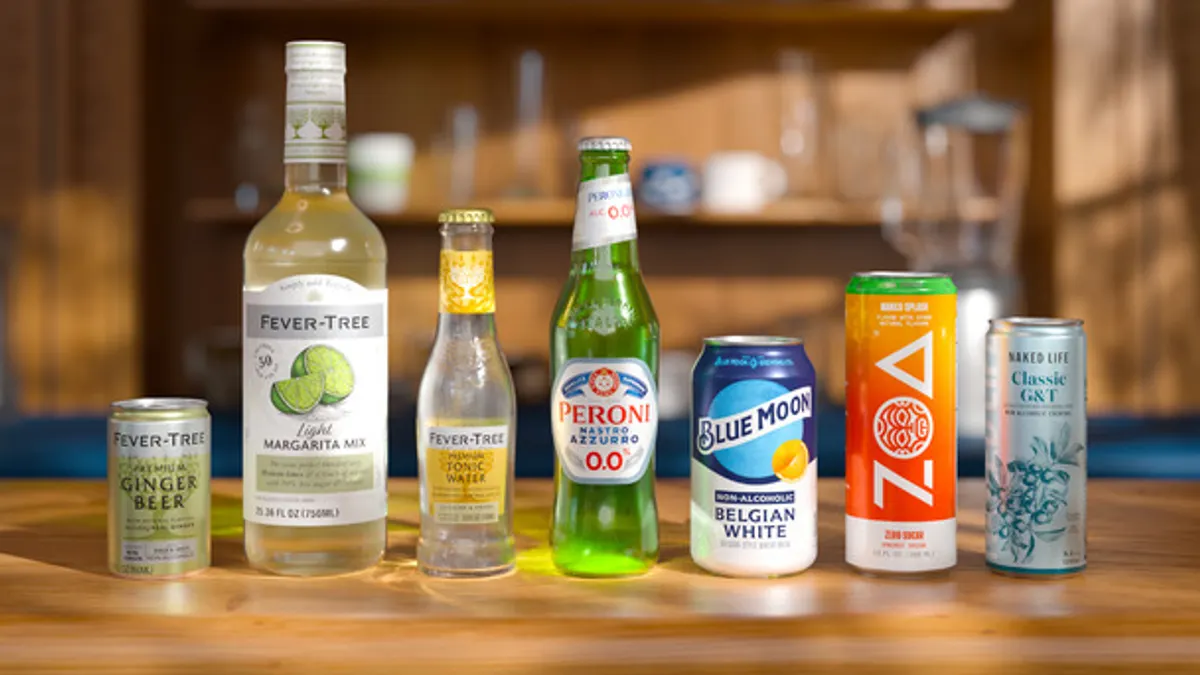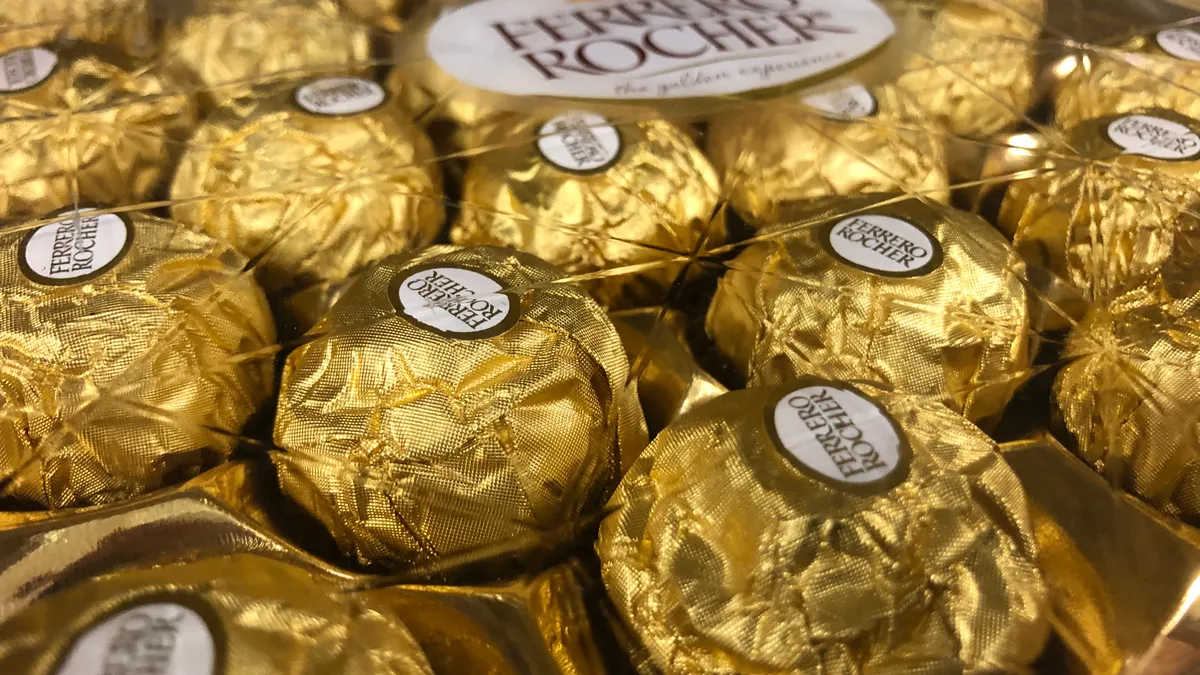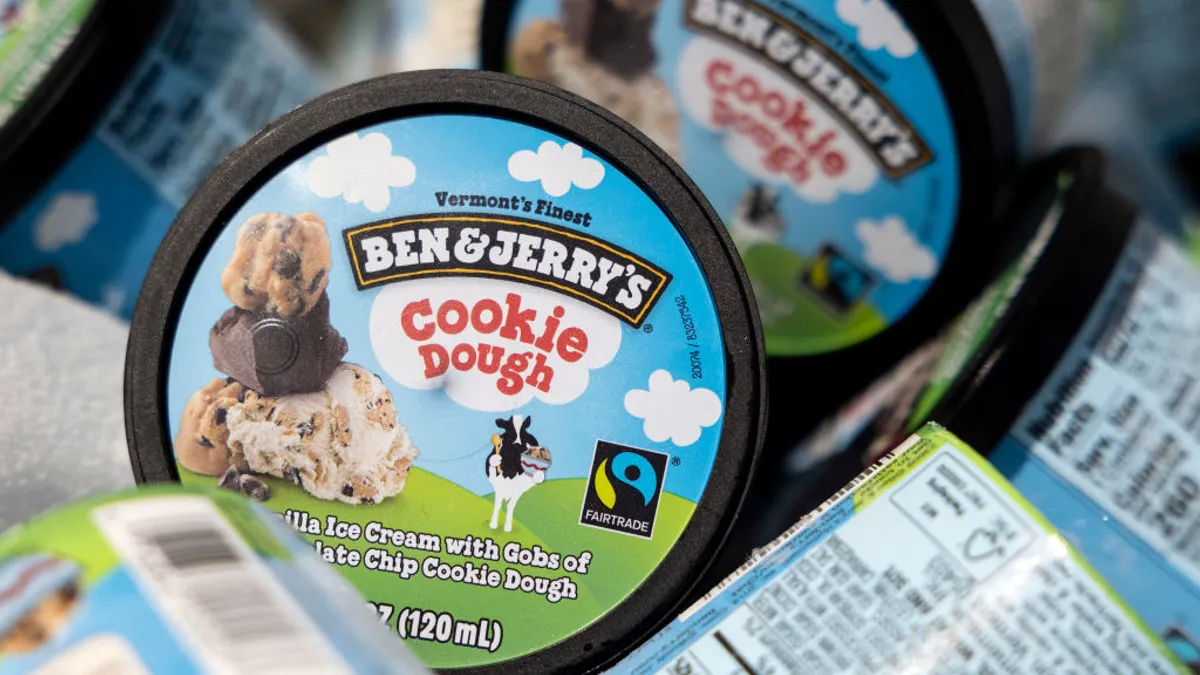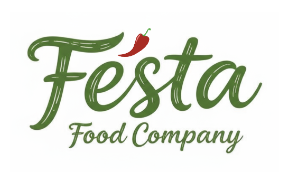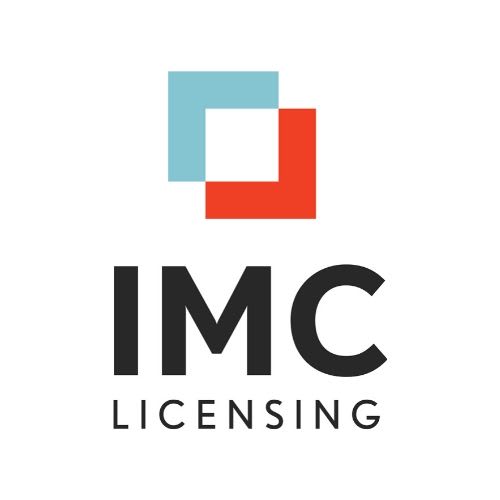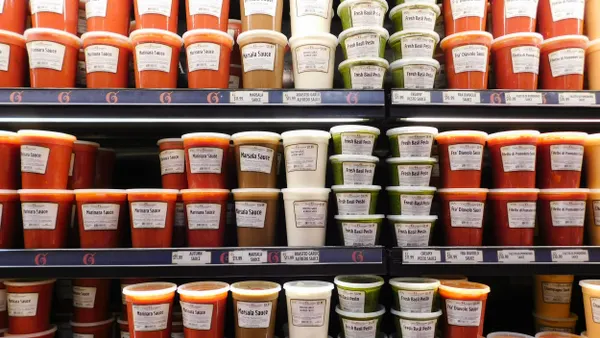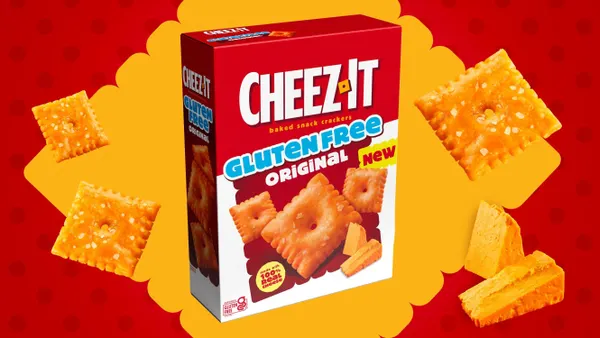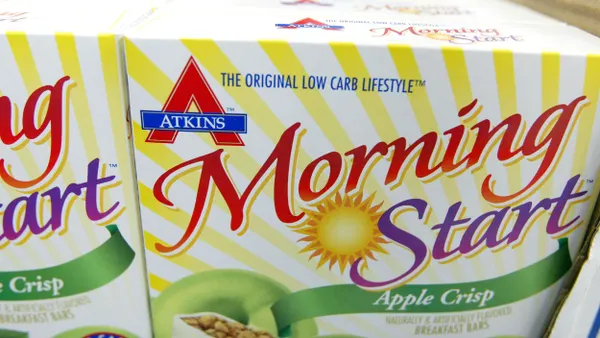Molson Coors was built around beer, but the company sees a big future beyond the tap.
The 251-year-old brewer, whose portfolio includes Miller Lite, Blue Moon and its namesake offerings, has established a presence in everything from non-alcoholic cocktails to energy drinks — part of a conscious effort to buffer its business from changing consumer habits and a pullback in beer consumption.
Expanding beyond beer “provides a bit of a [safety] net for us," Kevin Nitz, Molson Coors’ vice president of non-alcoholic beverages, said in an interview. “If a consumer is going to choose not to have an alcohol-based beer today, then, of course, why wouldn’t we want to keep them in our portfolio?”
Consumers are increasingly changing how and when they drink alcohol. More individuals are gravitating toward nonalcoholic drinks, as a Gallup survey finds a record low number of Americans say they consume any alcohol.
When consumers choose to imbibe, many are forgoing beer for other options such as canned cocktails. Beer consumption per capita for legal drinking age Americans has fallen nearly 25% since it peaked at 327 servings of 12 ounces each in 2007, according to data from S&D Insights.
The pullback has put the impetus on brewers to round out their portfolios with beverages that meet more of the occasions when a consumer might want a drink, even when they don’t want alcoholic fare.
Molson Coors took its biggest step to move beyond beer in 2019 when it dropped “brewing” from the company’s name in favor of “beverages.” More recently, it struck a strategic partnership with Naked Life, which sells nonalcoholic canned cocktails. It also invested in nonalcoholic carbonated mixer Fever-Tree and upped its stake in energy drink Zoa.
The company declined to provide sales data for energy drinks and other non-alcoholic beverages that aren't alternatives to beer. However, the rapid growth of these drinks has allowed the segment to overtake the revenue Molson Coors generates in the U.S. from nonalcoholic beer offerings from brands such as Blue Moon, Coors and Peroni, Nitz said.

Other beer makers have also made inroads in expanding beyond their signature beers. AB InBev’s Anheuser-Busch, for example, struck a partnership in January with sports nutrition and supplements company 1st Phorm to launch energy drinks and other related beverages.
Molson Coors, with $11.6 billion in revenue in 2024, has considered functional beverages, premium or sparkling water and ready-to-drink teas and coffees as categories it could expand into, Nitz said.
The beverage giant also values premium offerings that overlap in channels, including bars, restaurants, grocery stores and convenience stores, where it has a major presence today with alcohol.
However, the company has “a lot on its plate right now” with its existing non-alcohol portfolio and is being diligent about further expanding this portion of its business, Nitz added.
Despite the push into new beverage categories, Molson Coors hasn’t abandoned beer, which today makes up the lion’s share of its sales.
“Beer is big, and always will be. We’ve got incredibly fantastic brands in the beer space and they’re going to do phenomenal,” Nitz said. “But as the world evolves, we see more of an opportunity” in other beverage categories.
Nathan Greene, senior consultant at S&D Insights, said Molson Coors had little choice but to enter beverages beyond alcohol. The move helps it keep pace with changing consumer trends and ensure its distribution partners receive enough product volumes and margin growth opportunities to support the infrastructure that’s in place.
Molson Coors hasn't yet fully committed to whether it wants to be a brewer or a beverage company, Greene said. More clarity on Molson Coors’ future could come from CEO Gavin Hattersley’s successor after the replacement is announced later this year.
“They’ve had mixed results, and then a lot of ups and downs of what is the strategy to diversify versus go back to the core” by focusing on beer, Greene said. “The jury is still out.”


